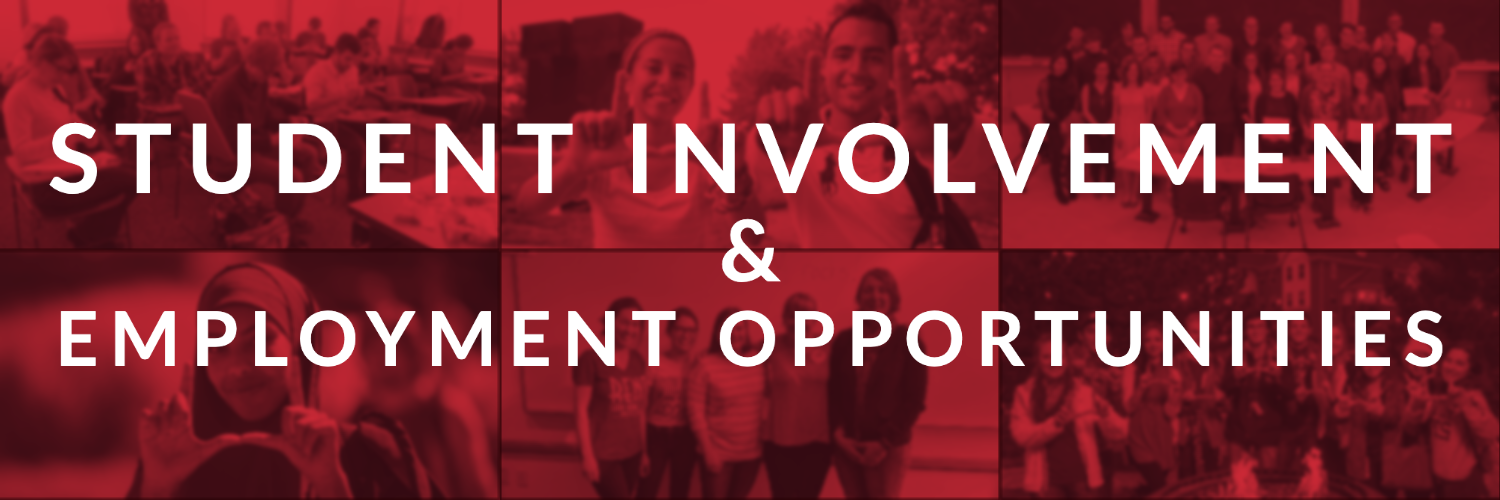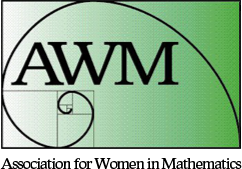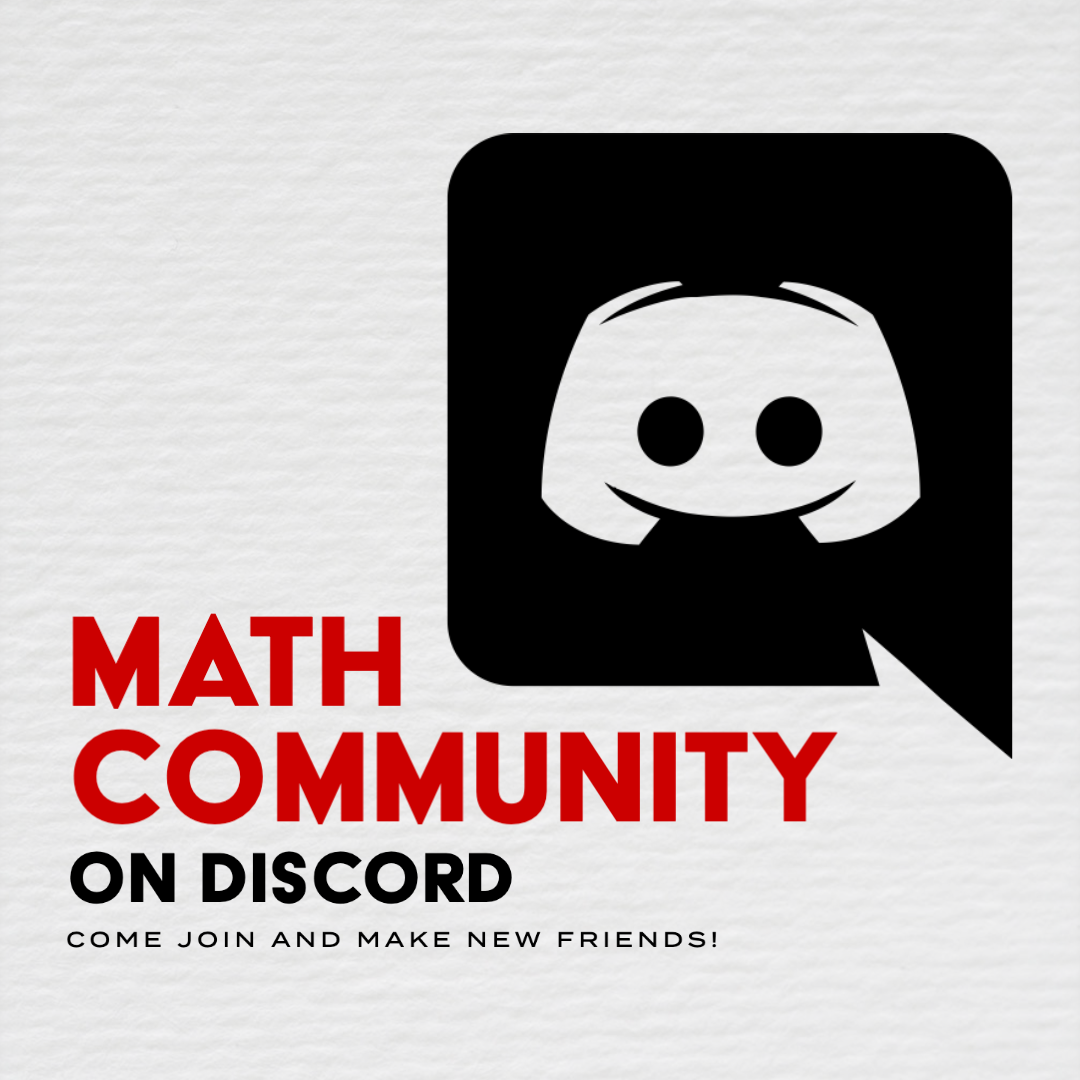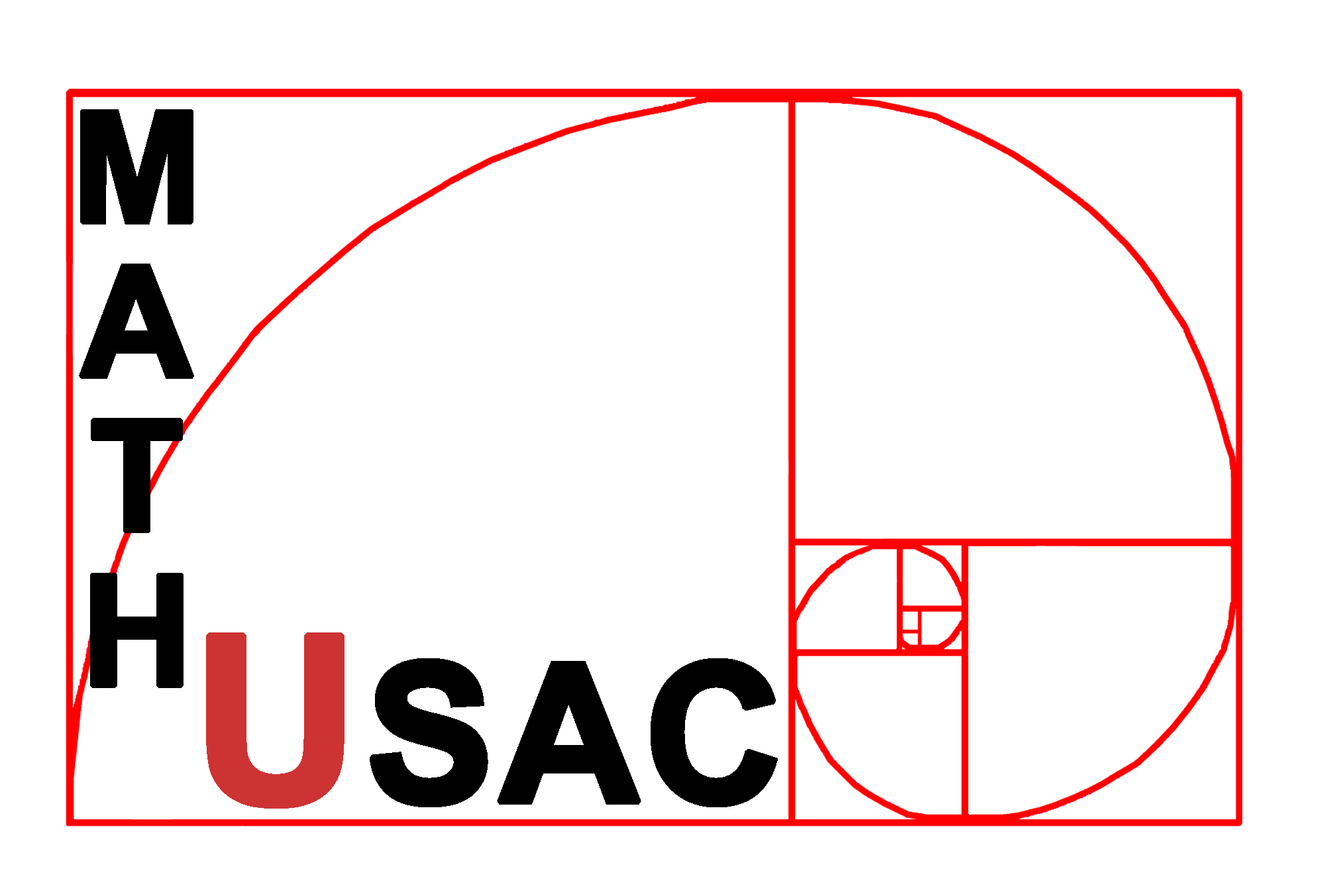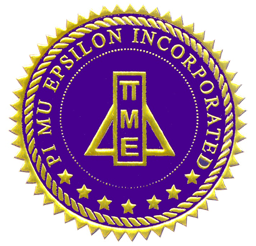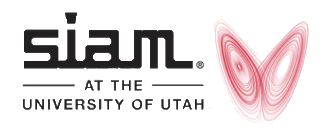STUDENT GROUPS & OPPORTUNITIES
We are organizing a variety of events aimed at everyone on campus: Undergraduate students, graduate students, faculty, and staff. Our monthly socials and lunch discussions bring people together. We organize workshops on different topics to make knowledge accessible. Through the speaker series, we bring mathematicians from all over the US to the department to share their experience. Thanks to the RTG, we have expanded this series and started a bi-yearly conference aimed at advanced undergraduate students and early graduate students. To support our own undergraduate students, we created a mentoring program. Through our outreach program, we connect with the surrounding schools.
Directed Reading Program (DRP)
The directed reading program matches undergraduate students with graduate mentors to undertake independent reading projects throughout each semester. These projects will consist of reading a text and meeting with your mentor at least once a week for the duration of a semester or summer. Each project will culminate in a short public presentation on the work done.
The goal of the program is to give undergraduates an opportunity to study a topic in more detail and with more individual attention than is possible in a classroom setting, to give undergraduates experience explaining mathematical concepts in conversations and presentations, and to increase interaction between undergraduates and graduate students in the math department.
Join the UU Math Community on Discord!
The main goal of the server is to recreate the social aspect of the college experience. Come join and make new friends.
UNDERGRADUATE RESEARCH
The Department of Mathematics research experiences allow students to better understand published works, learn to collaborate, explore new interests, develop independent critical thinking skills with oral/written communitcation skills, discover their passion for research and conitinue on to graduate studies. Below are opportunities to engage in research.
Pi Mu Epsilon is a national mathematics honor society whose purpose is the promotion of scholarly activity in mathematics among students in academic institutions. It was founded in 1914 at Syracuse University. The local organizations of Pi Mu Epsilon are the Chapters. The Utah Alpha Chapter was first established in 1960 and was revitalized in 1997. For more information, visit the National Pi Mu Epsilon website.
The SIAM (Society for Industrial and Applied Mathematics) chapter at the University of Utah aims to unite students in all fields interested in applied mathematics. We have several social and academic events which foster interaction between students of varying disciplines and with professionals in industry.
Undergraduate Problem Solving Contest
Spring 2024
Email solutions as a printable, 8.5x11 pdf file to ugrad_services@math.utah.edu on or before the due date.
Rules
- You must be an undergraduate enrolled in coursework at the University of Utah (students in the HSUP program are also eligible).
- You must work independently.
- Write your solutions clearly and show all of your work.
- Include your name, student ID number, and email address.
- Email a pdf file of your solutions to ugrad_services@math.utah.edu by the deadline. This will be printed for the contest grader. Make sure the pdf file is sized for 8.5 x 11 pages.
- A winner will be decided on the basis of the best solution submitted. If no best solution can be determined (i.e. there exist relatively identical solutions), the winner will be the student who submitted their solution first.
- Each submission will be given 3 points for a fully correct solution and 1-2 points for a partially correct solution. The winner of each problem will get a bonus of e points.
- The overall winner will receive $400 if that person submits all three semester problems, $250 for submitting two of the problems or, $100 for submitting one problem.
Do not try to find the solution to a problem by looking it up in a book or by searching online. That goes against the spirit of the contest.
Problem Set #1 Available Friday, February 2 at 12:00PM, submit no later than Friday, February
16, 12:00PM
Solutions Problem Set #1
Problem Set #2 Available Friday, March 1 at 12:00PM, submit no later than Friday, March 15 at 12:00PM
Problem Set #3 Available Friday, March 29 at 12:00PM, submit no later than Friday, April 12 at 12:00PM
Results Spring 2024
|
Rank |
Name |
|
1 |
Jude H. |
|
2 |
Melissa C. |
|
3 |
Aidan W. |
|
4 |
Maxwell A. |
|
|
Old Problems
2021-2022
Fall
Problem Set #1
Problem Set #2
Problem Set #3
Spring
Problem Set #1
Problem Set #2
Problem Set #3
Past Champions
- 2022-2023: Conrad Morris
- 2021-2022: Fall, Conrad Morris Spring: Emil Geisler
- 2018-2019: Mckay Jensen
- 2017-2018: Charlotte Blake
- 2016-2017: Matteo Sogne
- 2015-2016: Oliver Richardson
- 2014-2015: Scott Neville
- 2013-2014: Aric Parkinson
- 2012-2013: Boya Li
- 2011-2012: Brandon Gibson
- 2010-2011: Matthew Stanford
- 2009-2010: Qiushi Wang
- 2008-2009: Jason Underdown
- 2007-2008: Eric Griego
- 2006-2007: Carlos Gamez
- 2005-2006: Carlos Gamez
- 2004-2005: Aaron Wood
- 2003-2004: John Day
- 2001-2002: Wei-Shou Hsu
-
Nov 24
Monday
Spring 2026 - Open enrollment
-
Nov 27
Thursday
Holiday: Thanksgiving Break (Nov 27 - Nov 30)
-
Nov 28
Friday
Fall 2025 Full Term - Last day to reverse CR/NC option
-
Nov 28
Friday
Fall 2025 Second Half - Last day to reverse CR/NC option
-
Dec 03
Wednesday
6:30pm - 8pmFrontiers of Science: The Mystery of Dark Matter in the Universe
Skaggs, L. S. Applied Science Building (LSSB)
-
Dec 04
Thursday
Fall 2025 Full Term - Classes end
UNDERGRADUATE EMPLOYMENT OPPORTUNITIES
The Department of Mathematics offers a number of opportunities for undergraduate students to work on campus, get involved in the department, and further develop their mathematical skills and network. For questions about undergraduate employment, please contact the Director of Undergraduate Services, ugrad_services@math.utah.edu.
MATH CENTER: TUTORS, GRADERS, AND LAB ASSISTANTS
Applications for tutor, grader, and computer lab assistant positions are available online on the links below. Applications are accepted on an ongoing basis, although hiring generally takes place before fall semester, and on occasion before spring semester. Please complete the application and provide at least one, and preferably two, recommendation forms to be completed by your math instructors. Please email your completed application to the Director of Undergraduate Services, ugrad_services@math.utah.edu. Please inform professors and instructors that recommondation forms may be submitted to the same email.
- To be considered for a tutoring position, one should have completed the Calculus series and taken at least one math class beyond Calculus.
- To be considered for a computer lab assistant position, one should have a good working knowledge of UNIX and be familiar with the software frequently used by students in the lab, as well as a good math background.
- To be considered for a grading position, it is best if one has completed at least the Calculus series.
LEARNING ASSISTANT PROGRAM
Responsibilities
LAs help transform large-enrollment courses by creating environments in which students can interact with one another, engage in collaborative problem solving, articulate and defend their ideas, and explicitly discuss the nature of mathematics.
LAs must have room in their schedule to lead their assigned lab sections (at least two), attend the associated class lectures, and enroll in a SCI-5050, (The Science of Learning), course. Additional hours may be spent doing prep work for the lab, holding office hours and attending team meetings with the course instructor.
Supported Mathematics Courses
- MATH 1010 (Intermediate Algebra)
- MATH 1210 (Calculus I)
LA Application Materials
To access the LA application, please click the link below:

